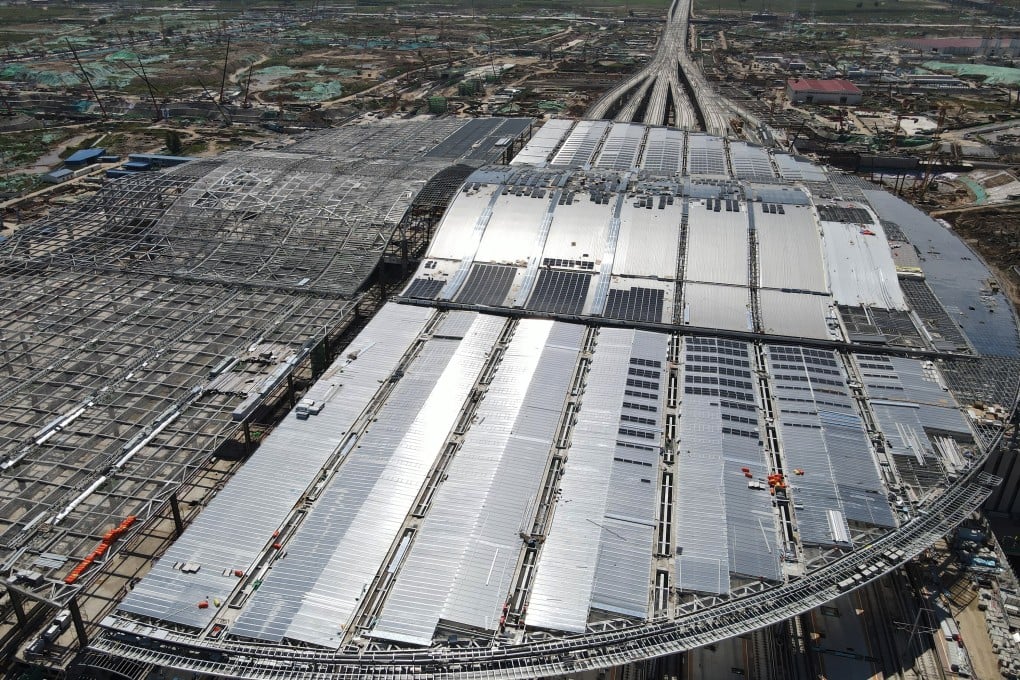Opinion | How coronavirus has made travel in China a whole lot harder for foreigners
- Travel restrictions in China have gradually eased as the country has brought the coronavirus pandemic under control
- But that has not made finding a hotel any easier for foreign residents, one South China Morning Post reporter found

As China gradually recovers from the coronavirus pandemic, travel restrictions have been relaxed; but this has not made getting around as a foreigner any easier.
“We are just not taking foreign guests right now because of the outbreak,” said a hotel staffer at the lobby. “I am sorry. We’ll give you a refund.”
I carry a Mainland Travel Permit for Hong Kong and Macau Residents, also known as a home return permit, issued by the Guangdong branch of the Public Security Bureau, the main civilian police force in China.

01:57
Chinese airlines offer unlimited flights to coax travellers back as Covid-19 crisis is under control
China has never accepted Hong Kong passports as legitimate travel documents, no matter whether it was the British National (Overseas) passport issued by the colonial government before the 1997 handover, or the current passport issued by the Hong Kong Special Administrative Region. It always considered Hong Kong part of its territory.
